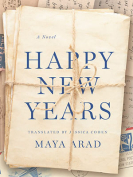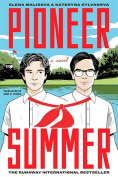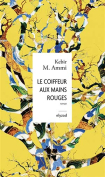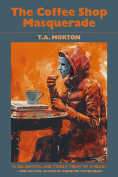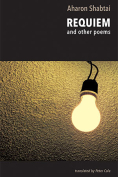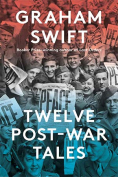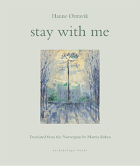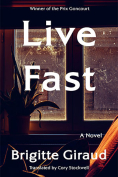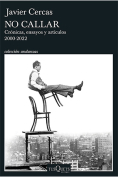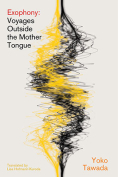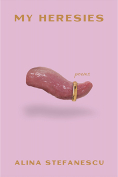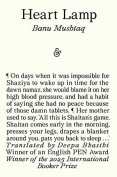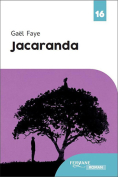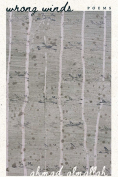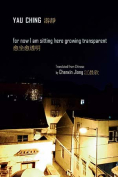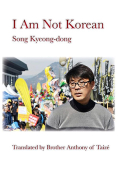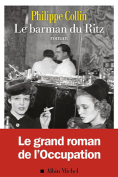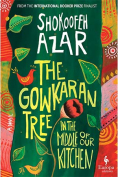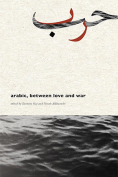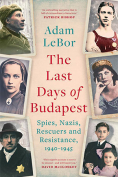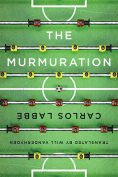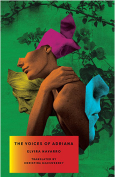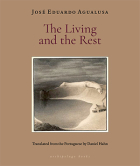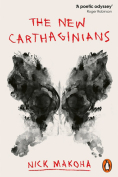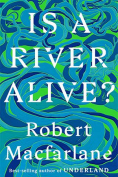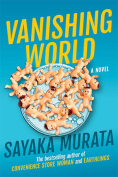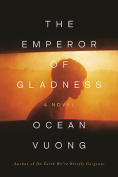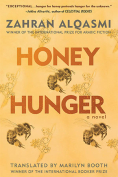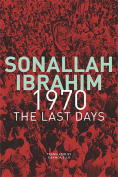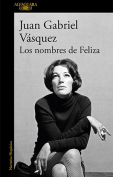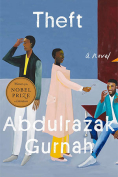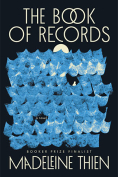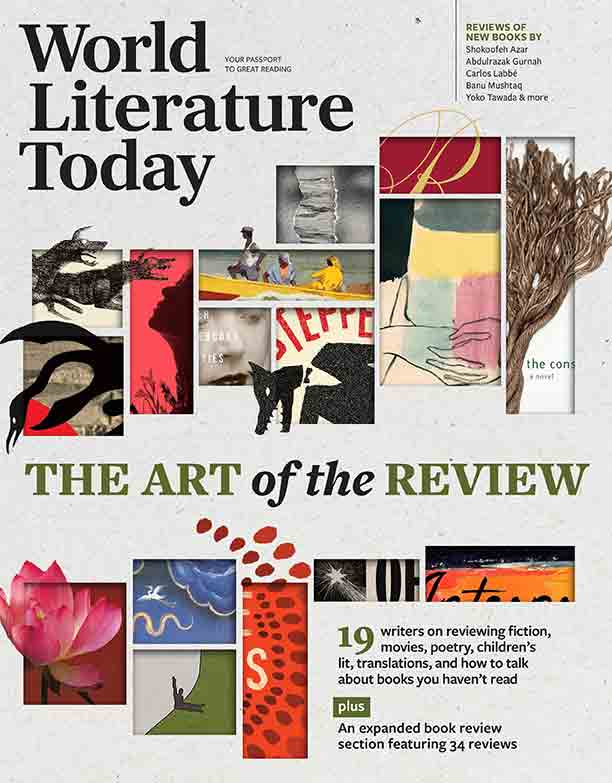Live Fast: A Novel by Brigitte Giraud
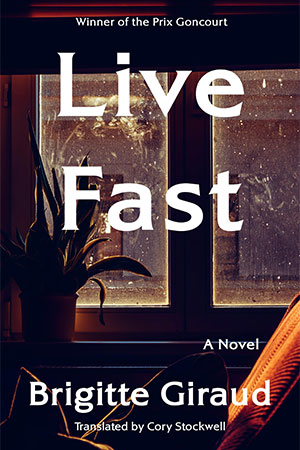
New York. Ecco. 2025. 176 pages.
What would happen if you made one decision instead of another?
That’s what the imagined alter-ego narrator of Brigitte Giraud’s searingly personal, loosely autobiographical Prix Goncourt winner, Live Fast, wonders. In a retrospective forensic fictional memoir encumbered by loss, guilt, and the lingering languor of unrelenting grief, she focuses on the cogs of coincidental catastrophe that led to the accidental death of her forty-one-year-old husband, Claude, more than twenty years ago.
It’s rare for a motorcycle to have the lead role or be the pivotal protagonist (almost a villain) in a novel, but a 430-pound Honda CBR900 FireBlade from Japan is exactly that in Giraud’s speculation surrounding the fatal events. In a series of twenty-three brief “if only” chapters, she constructs a framework of unexpectedly fateful choices that might have changed the course of their lives if the dominoes had not begun to fall to the inevitability of whenever.
In a prologue she blames a house they bought and had been moving into with their young son in 1999 and are now selling to a developer. She is certain that it is “at the heart of what caused the accident.” The subsequent sequence of probable flashbacks begins when she also blames herself for wanting to leave their cramped apartment in the center of Lyon for the silent, bucolic “green zone” in order to “start again from scratch. To ratchet up to a new level of coolness. And to aim for perfection itself.”
Other hypothetical considerations depend on if her “grandfather hadn’t committed suicide,” bequeathing her funds that helped to buy the property; if they “hadn’t received the keys to the house in advance”; and telling her mother the garage was available where her brother could park the seductive motorcycle while on a week’s vacation and Claude could “borrow” the dangerous bike for the eventful joy ride. At one point she even accuses Stephen King of contributing to Claude’s demise; if “he had died in the terrible accident he had three days before Claude’s accident,” then maybe her husband would have had second thoughts about leaving behind his “harmless” Suzuki LS650 Savage.
Giraud’s litany of literary “ifs” even includes a stunning history of the FireBlade in which she incredibly charges Tadao Baba, the “overenthusiastic Japanese engineer who revolutionized Honda’s history,” with contributing to building the murder weapon because it was “banned in Japan, where it was considered too dangerous,” yet “authorized for import to Europe.”
The most startling sequences are reserved for the narrator’s imaginative reconstruction of Claude’s last day and the death scene. Claude was a musician and journalist; maybe if he had listened to Coldplay’s three-minute, twenty-seven-second “Don’t Panic” instead of Death in Vegas’s five-minute, forty-four-second “Dirge,” he would still be alive. Or maybe if he hadn’t been at the intersection when the light turned red he would still be alive. Or maybe if it hadn’t been raining that Tuesday, June 22, 1999, he would still be alive.
In the end, conjecture hardly matters. Claude is not alive. It all eventually leads to the lean, brisk prose of Giraud’s heartbreaking, elegiac, therapeutic, cathartic closure. The conclusion may simply be that there is no “if only,” only only and when.
Robert Allen Papinchak
Valley Village, California
